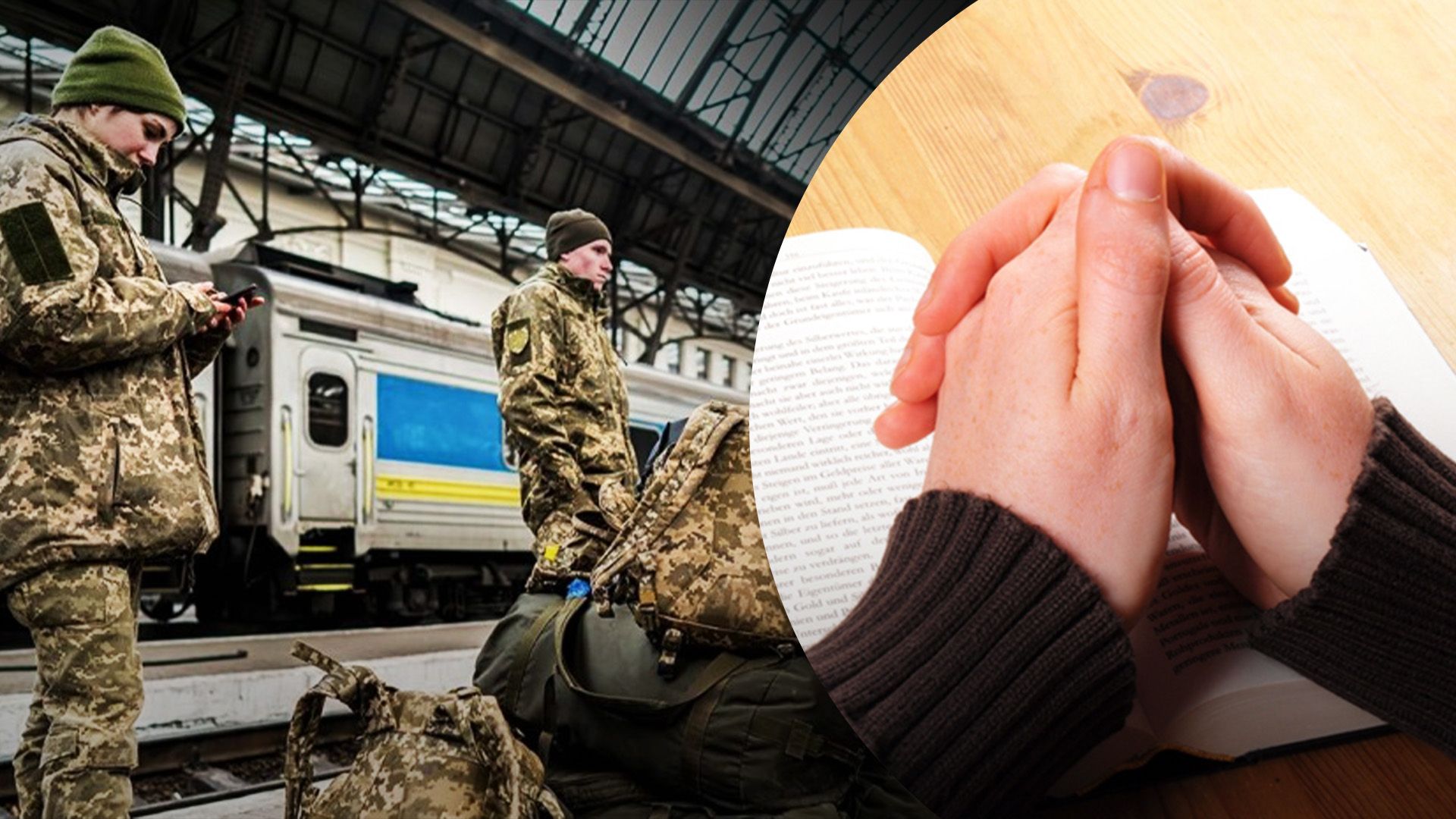Lawyer
Freedom of religion is a fundamental right guaranteed by international and national legal acts. In times of war, ensuring this right becomes a particularly difficult task, as military operations and related restrictions can significantly affect the possibility of exercising religious freedoms. In this article, we will consider the legal mechanisms for ensuring freedom of religion in wartime, taking into account the advice of a lawyer, analysis of documents, legal opinions and legal opinions of a lawyer.
Legal mechanisms for ensuring freedom of religion
In wartime, special legal mechanisms are used to protect religious freedoms:
Protection of religious institutions: According to international humanitarian law, religious institutions such as churches, mosques, and synagogues must be protected from attack and destruction. These norms oblige the warring parties to refrain from using religious objects for military purposes.
Humanitarian Corridors: During hostilities, humanitarian corridors may be established for the safe movement of civilians, including members of religious organizations seeking to carry out their spiritual mission.
Special permits: Government authorities can issue special permits for religious figures, allowing them to carry out their duties even in conflict zones. These can be permits for movement, holding religious ceremonies and other activities.
International monitoring: International organizations such as the UN, OSCE and others play an important role in ensuring freedom of religion. They monitor compliance with human rights, including religious freedoms, and can assist in the protection of these rights.
Consultation of a lawyer and analysis of documents
When situations arise that may violate freedom of religion in wartime, it is important to consult a lawyer. The lawyer will help to analyze documents related to a specific situation and provide a legal opinion on possible actions to protect rights.
The analysis of documents includes the study of international and national normative legal acts, documents related to a specific situation (for example, decisions of military commanders, acts of state bodies), and other materials that may affect the exercise of religious rights.
Legal opinion
A lawyer's legal opinion helps determine the legal mechanisms for protecting freedom of religion in a specific situation. The conclusion may include:
Recommendations regarding legal actions: The lawyer can recommend filing complaints with national or international authorities, filing lawsuits with the court, addressing human rights organizations.
Analysis of legal risks: The conclusion will include an assessment of the legal risks associated with the exercise of religious rights in wartime and ways to minimize them.
Possibilities of international protection: The lawyer can provide information on the possibilities of applying to international organizations, such as the UN or the European Court of Human Rights, for the protection of religious rights.
Conclusion
Ensuring freedom of religion in wartime is a difficult task that requires the effective use of legal mechanisms. Legal advice, document analysis and legal opinions are key elements in the protection of religious rights. A lawyer's legal opinion helps to determine the legal means of protection and to ensure the realization of fundamental human rights even in the difficult conditions of a military conflict.





























